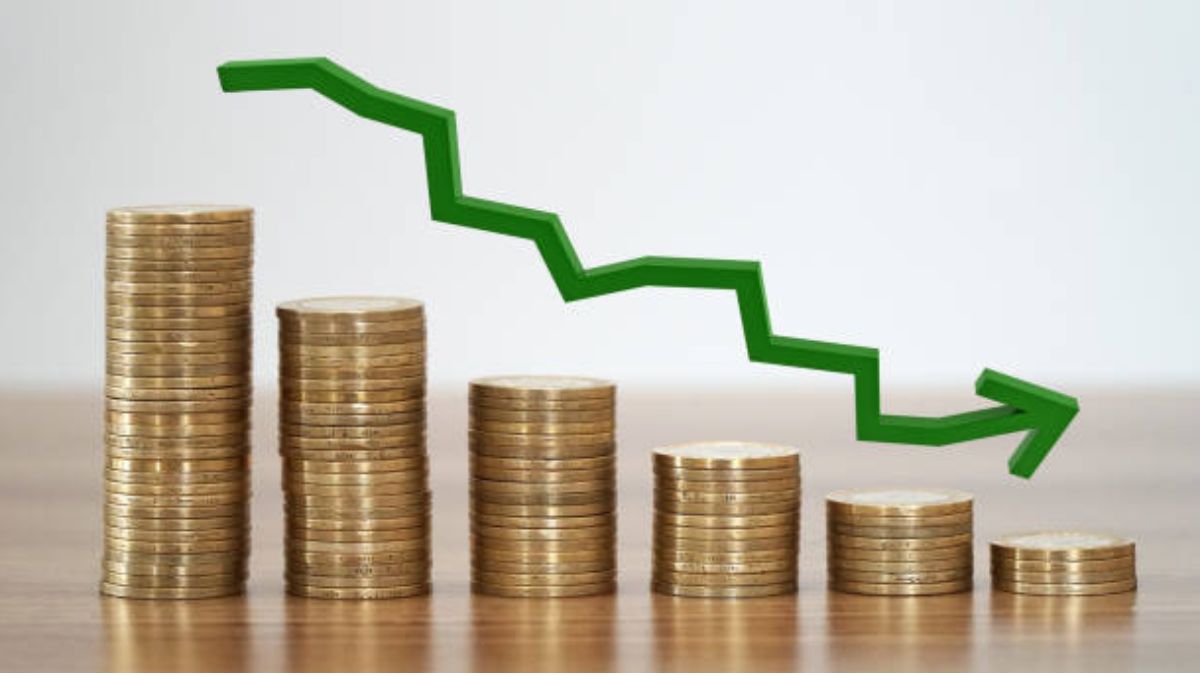Wholesale inflation in India continued to stay in negative territory for the fourth consecutive month in July, with the Wholesale Price Index (WPI) registering a contraction of -1.36%. The prolonged period of negative wholesale inflation reflects the complex economic dynamics and the ongoing challenges posed by factors such as supply disruptions, changing consumer behavior, and fluctuating global commodity prices.
The Wholesale Price Index measures the average change in the prices of goods sold in bulk by wholesale businesses. The negative inflation figure indicates that the overall price level of these goods has decreased in comparison to the same period last year.
Economists and analysts have been closely monitoring the trajectory of wholesale inflation, which provides insights into the broader economic environment. The prolonged period of negative wholesale inflation underscores the demand-supply imbalances in certain sectors and the cautious consumer sentiment influenced by the uncertainties of the post-pandemic recovery.
The negative wholesale inflation can be attributed, in part, to the base effect, where the prices of certain goods were relatively higher during the same period in the previous year. Additionally, disruptions in supply chains, fluctuating global commodity prices, and changing consumer preferences have contributed to the subdued inflationary pressures.
While negative wholesale inflation may initially seem positive for consumers, economists often caution that sustained negative inflation can have implications for producers and the overall health of the economy. The balance between lower prices benefiting consumers and the potential impact on businesses and investment remains a topic of economic debate.
The Indian government and policymakers continue to monitor the economic situation closely and take measures to support sectors that may be disproportionately affected by the prolonged period of negative wholesale inflation. The focus remains on stimulating demand, addressing supply chain challenges, and fostering an environment conducive to sustainable economic growth.
As the economy navigates the complexities of recovery, the trends in wholesale inflation provide valuable insights into the broader economic landscape. Policymakers and economists are expected to use this data to fine-tune strategies that promote balanced economic growth, stability, and resilience in the face of ongoing challenges.










